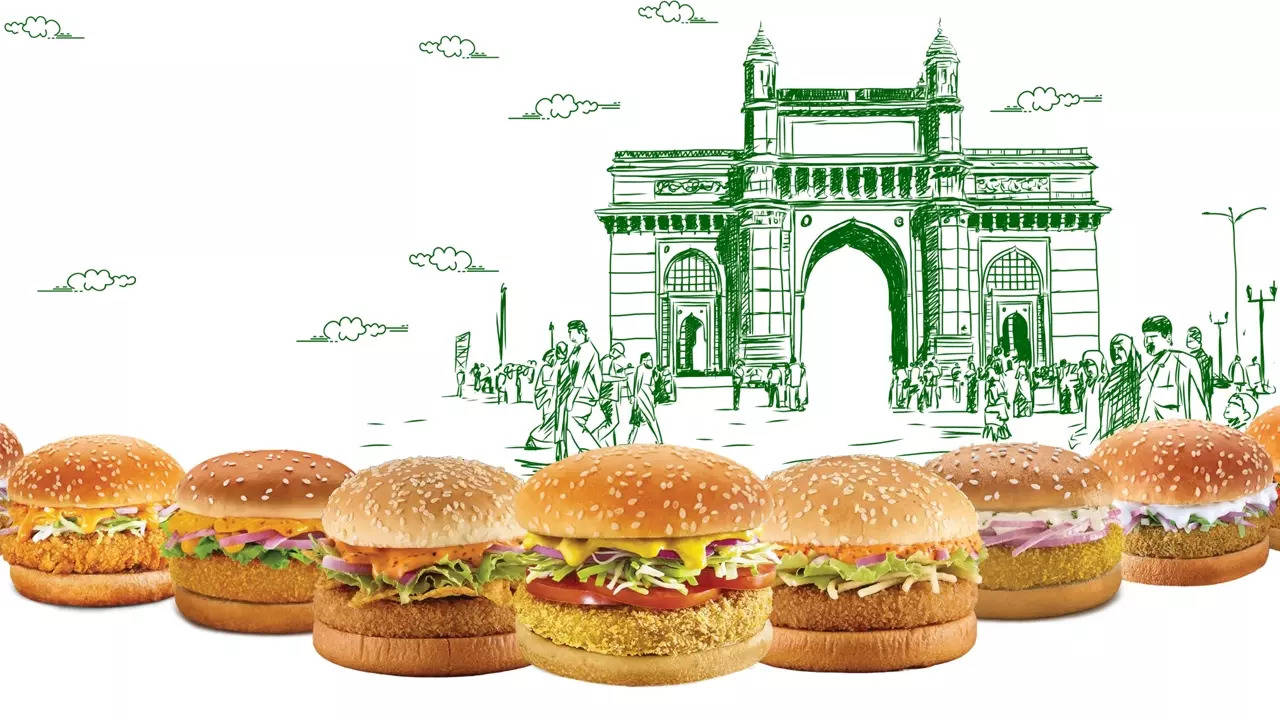Ace investor Ashish Kacholia has acquired a 17.2% stake in homegrown burger chain Jumboking, making him the second-largest shareholder. The investment, of an undisclosed amount, was made through a secondary market transaction following Triton Fund’s exit from the firm.
Experts estimate the transaction to be valued between Rs 70 crore and Rs 80 crore, placing the popular quick-service restaurant chain’s worth at Rs 400-500 crore, states an ET report. Jumboking, with 170 stores across Mumbai, Delhi, Hyderabad, and Pune, reported sales of Rs 110 crore last fiscal year. It stands as India’s third-largest burger chain after McDonalds and Burger King.
Founder of Jumboking, Dheeraj Gupta, highlighted the effectiveness of franchising for scaling businesses globally. He spoke of Jumboking’s understanding of the Indian palate, giving them an edge in the market despite burgers being a Western concept.
Originally started in 2001 by selling vada pav, a popular street food in Maharashtra, Jumboking transitioned to focusing on burgers in 2017 with a goal to expand to 1,000 stores by 2030.
Ashish Kacholia, known for his success in identifying high-growth multi-bagger stocks, owns shares worth Rs 3,000 crore in listed companies. His firm, Lucky Securities, has invested in over 60 mid-sized companies, with significant investments in Shaily Engineering, PCBL, Safari Industries, and Garware Hi-Tech Films.
Expressing his enthusiasm for Jumboking, Kacholia praised the company’s execution and customer-centric approach, calling it India’s most promising Quick Service Restaurant (QSR) story.
The organized foodservice market, valued at $27.1 billion in 2023, is projected to witness a 12% Compound Annual Growth Rate (CAGR) in the chained category from 2020 to 2026. This growth is attributed to increased penetration and expansion in non-metro cities.
Pakhi Saxena, retail and consumer product goods head at Wazir Advisors, highlighted the rapid growth of the QSR segment in the organized food market. She emphasized the potential for further expansion as the Indian population embraces urbanization and modern lifestyles.
Jumboking, operating as an asset-light company with 100% franchising, reported a seven-fold increase in sales since repositioning in 2017. The company’s entrepreneurial franchising model prioritizes profitability, aiming to double turnover in the next two years, expand in Delhi and Hyderabad, and enter the Bangalore market this year.
Experts estimate the transaction to be valued between Rs 70 crore and Rs 80 crore, placing the popular quick-service restaurant chain’s worth at Rs 400-500 crore, states an ET report. Jumboking, with 170 stores across Mumbai, Delhi, Hyderabad, and Pune, reported sales of Rs 110 crore last fiscal year. It stands as India’s third-largest burger chain after McDonalds and Burger King.
Founder of Jumboking, Dheeraj Gupta, highlighted the effectiveness of franchising for scaling businesses globally. He spoke of Jumboking’s understanding of the Indian palate, giving them an edge in the market despite burgers being a Western concept.
Originally started in 2001 by selling vada pav, a popular street food in Maharashtra, Jumboking transitioned to focusing on burgers in 2017 with a goal to expand to 1,000 stores by 2030.
Ashish Kacholia, known for his success in identifying high-growth multi-bagger stocks, owns shares worth Rs 3,000 crore in listed companies. His firm, Lucky Securities, has invested in over 60 mid-sized companies, with significant investments in Shaily Engineering, PCBL, Safari Industries, and Garware Hi-Tech Films.
Expressing his enthusiasm for Jumboking, Kacholia praised the company’s execution and customer-centric approach, calling it India’s most promising Quick Service Restaurant (QSR) story.
The organized foodservice market, valued at $27.1 billion in 2023, is projected to witness a 12% Compound Annual Growth Rate (CAGR) in the chained category from 2020 to 2026. This growth is attributed to increased penetration and expansion in non-metro cities.
Pakhi Saxena, retail and consumer product goods head at Wazir Advisors, highlighted the rapid growth of the QSR segment in the organized food market. She emphasized the potential for further expansion as the Indian population embraces urbanization and modern lifestyles.
Jumboking, operating as an asset-light company with 100% franchising, reported a seven-fold increase in sales since repositioning in 2017. The company’s entrepreneurial franchising model prioritizes profitability, aiming to double turnover in the next two years, expand in Delhi and Hyderabad, and enter the Bangalore market this year.


